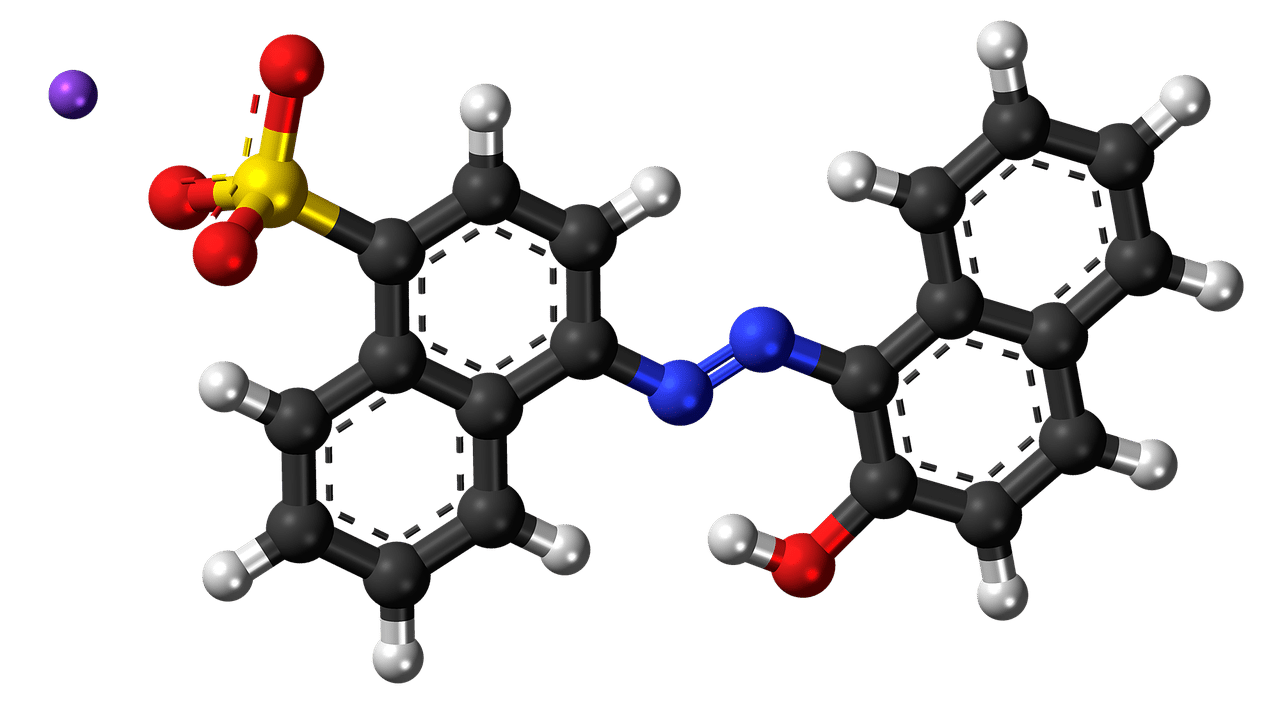
Sodium is a chemical element whose atomic number is 11.
Sodium is the chemical element whose atomic number is 11 . It is a metal with a great presence on our planet, which is soft and white or silver. It is usually found as salt .
The English chemist Humphry Davy ( 1778 – 1829 ) was the discoverer of sodium and other substances that he managed to isolate at the beginning of the 18th century through electrolysis . The term sodium comes from the Italian soda and the Latin sodium .
It should be noted that the symbol for sodium is Na , which comes from natrĭum (Latin name for soda or soda).
Sodium characteristics
Among the characteristics of sodium, we can mention that when it is in contact with oxygen it oxidizes and that it is a metal with great reactive power. In nature, sodium is not free: it can be found, for example, in the sea, although in ionic form. Sodium and water form a hydroxide .
Due to its importance for metabolic processes, sodium is considered an essential element for life. This metal helps transmit nerve impulses, helps membranes absorb nutrients and encourages muscle contraction.
There are a large number of compounds that include sodium and that have widespread use in daily life. One of them is sodium chloride (table salt), which is used to season foods. Sodium bicarbonate (raises dough and other gastronomic preparations) and sodium triphosphate (used for soap production) are other commonly used compounds.

Table salt is sodium chloride.
Its importance in nutrition
In the field of nutrition , due to some of the indications that we have raised, sodium is a fundamental element. Specifically, it is considered to perform functions as important as these:
- It intervenes in the muscle contraction process, to ensure that it is ideal.
- It proceeds to maintain the potential of the membrane that plays a fundamental role in the transport of nutrients in the body, cardiac function and even the development of nerve impulses.
Precisely because of these and other actions that sodium promotes, nutritionists and doctors establish that we all have to have a healthy, complete and balanced diet where it is present at levels that are beneficial. Therefore, in addition to salt, they establish the need to eat other foods that also contain it in adequate quantities. We are referring, for example, to dairy products, seafood, certain vegetables and meats.
Likewise, it must be taken into consideration that people who have a sodium deficiency will have to face serious health problems, such as hyponatremia , which is identified by the fact that the person in question has a sodium concentration in blood that is less than 135 mmol/l, which is normal. This situation seriously endangers health as it causes dehydration , nausea, severe headaches, fainting, palpitations, vomiting and muscle cramps.
